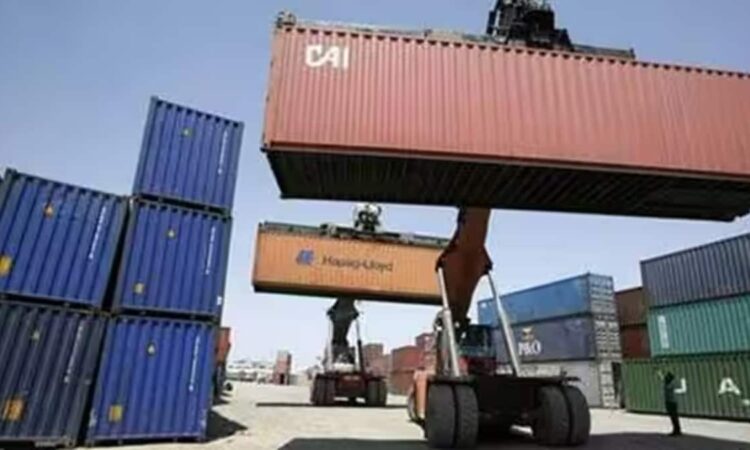
The much-awaited India-UK Free Trade Agreement (FTA) is set to be signed by both countries by month-end here, with all outstanding issues having been resolved, an official source told FE.
UK Prime Minister Rishi Sunak will travel
Early last month, Sunak while being here for the G20 Leaders’ Summit had said he and prime minister Narendra Modi
“All the contentious issues in the proposed FTA have been resolved,” an official aware of the negotiations told FE.
However, the Bilateral Investment Treaty (BIT) will be signed later as common ground has not been reached so far, he added. Till a BIT is signed, the India-UK Infrastructure Financing Bridge will address any bilateral issues in investments, the official added.
BIT, the Rules of Origin and intellectual property rights (the latter two under the FTA) were some of the issues that were proving to be contentious in the negotiations. From the Indian side, the demand for easier visas for professionals was seeing some resistance from the UK.
The differences in services have been sorted out on the lines of the UK’s FTA with Australia which came into force from May 2023, the source said.
The FTA talks between India and the UK started in early 2021.
In the services sector, the UK demanded national treatment for its services businesses and greater freedom for its professionals to operate in India. This has been agreed to. National treatment means treating foreigners and locals equally with regard to rules and regulations. It also means equal access to opportunities for overseas operators and not doing anything that puts them at a disadvantage.
The areas of services that the UK was interested in are financial services, business and professional services, and transport services. It also wanted a liberalised visa regime for its business travellers to give them greater opportunities to operate in India.
“In services, professionals moving from India to the UK or the other way round are most likely to be Indian nationals or of Indian origin, so the issues have been sorted out,” the source said.
With the ongoing diplomatic spat with Canada likely to affect the flow of Indian professionals to Canada, the UK FTA could provide some succour to India. India has halted FTA negotiations with Canada.
In FTA with the UK, Australia has secured ambitious commitments on the mutual recognition of professional qualifications and providing greater certainty for skilled professionals entering the UK labour market
Among the other issues, the duties on whiskey and automobiles were the two most sensitive issues in the FTA talks as far as India was concerned.
In the auto
In wines and other spirits India may reduce import duty from 150% to 100% and then bring it further down to 50% over the 10-year period. The UK had demanded a reduction of duty to 75% straight away and then bringing it down to 30% in the next three years.
Notwithstanding the high duties, the import of scotch whiskey has grown to 7.5 million cases in the calendar year 2022 from 5.5 million cases in 2021 driven by Mumbai. Total bottled liquor imports in 2022 were 8 million cases.
In traditional export sectors like textiles, leather UK has agreed to India’s demand for bringing down duties to zero.
India’s merchandise exports to the UK increased 9.03% on year in FY23 to touch $ 11.4 billion while imports rose 27% to $8.9 billion. FDI from the UK stood at $1.7 billion in FY23 as against $1.6 billion in the previous year. India’s main exports to the UK are ready-made garments and textiles, gems and jewellery, engineering goods, petroleum and petrochemical products, transport equipment, spices, machinery and instruments, pharmaceuticals and marine products.
The main imports from the UK include precious and semi-precious stones, ores and metal scraps, engineering goods, professional instruments other than electronics, chemicals and machinery.






